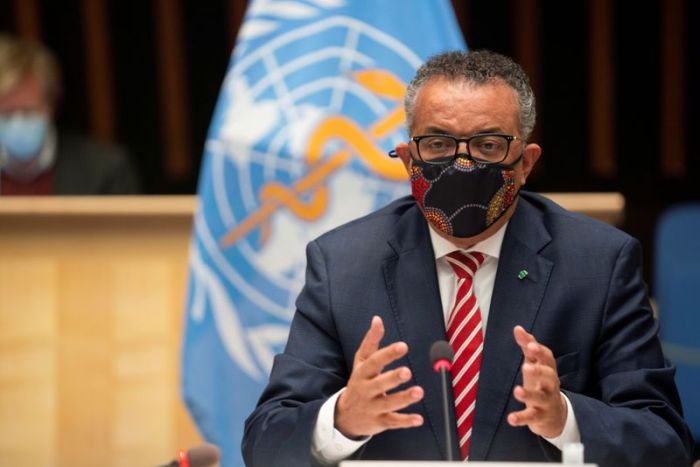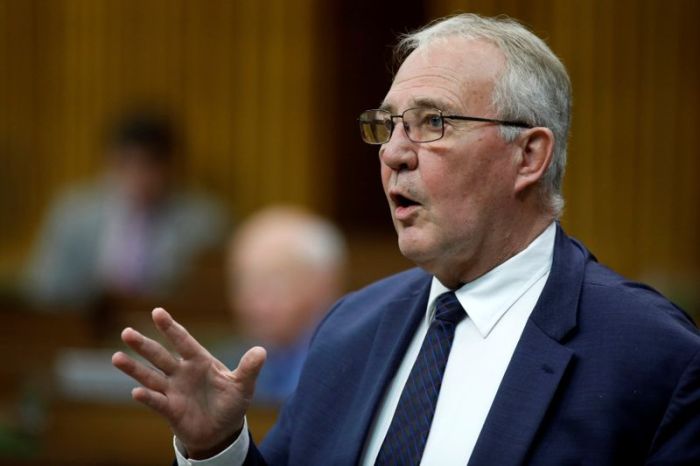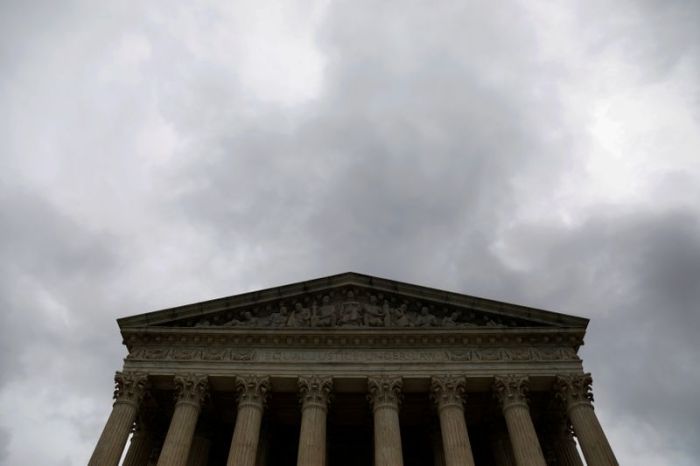WASHINGTON (Reuters) – Montana’s top federal prosecutor is urging voters to tread carefully before voting to legalize recreational marijuana, taking the unusual step of jumping into a political debate about a ballot initiative in the weeks before the election.
In an op-ed published in several newspapers in recent days and posted on the Justice Department’s website on Monday, U.S. Attorney Kurt Alme told voters they should “review in detail” a pair of ballot initiatives that would legalize cannabis for adults ages 21 and older, warning that marijuana is addictive, could lead to more traffic accidents and could even “increase the risk of severe complications from COVID-19.”
Smoking, whether marijuana or tobacco, could increase risk of severe COVID-19 due to potential for lung inflammation.
Montana is one of five states this November voting on eight initiatives to legalize marijuana for medical or recreational use. Dozen of other states have already legalized the drug, though marijuana remains illegal under federal law.
Although former Attorney General Jeff Sessions in 2018 rescinded an Obama administration policy that had eased enforcement of federal marijuana laws in states that legalized the drug, cannabis experts say federal prosecutors have largely since left marijuana businesses alone as long as they complied with state laws.
The Justice Department has increasingly come under scrutiny for some of its messaging ahead of the 2020 election, with Attorney General William Barr repeating claims by President Donald Trump, without evidence, that there could be widespread fraud with mail-in ballots.
Some former prosecutors said they felt Alme’s decision to weigh in on a state ballot question before the election may have crossed the line.
“It is highly unusual and improper for a U.S. Attorney to weigh in on political questions,” said Barbara McQuade, a former U.S. Attorney for the Eastern District of Michigan.
William Nettles, the former U.S. Attorney for the District of South Carolina, agreed, calling it “an abuse of authority” and “abnormal behavior.”
A spokeswoman for Alme’s office, Clair Johnson Howard, said in a statement to Reuters that the op-ed “was intended to educate voters on an issue that significantly impacts the enforcement of federal criminal law and is a topic about which U.S. Attorney’s Offices have much information.”
(Reporting by Sarah N. Lynch; Editing by Bill Berkrot and Sonya Hepinstall)

























